How to Find a Therapist- PART II
I have found myself in the recent months getting a lot of questions about therapist referrals and how to find a good therapist. I wrote a blog last year that gave some ideas as to how to start your search (this blog: https://www.boostcounseling.com/blog-2/2018/3/31/the-search-for-the-right-one), but it’s not as thorough as I’d like. So we’re going to explore in more depth some facts to understand about what therapy means, some questions you should be asking yourself and a future therapist, and some more ideas as to how to find the right therapist for you.
What Therapy is and isn’t
First, let’s talk about what therapy is and isn’t. I think there are a lot of misconceptions about this (most likely due to the stigma that exists around getting mental health support), so take these ideas and digest them and share them with others.
What therapy is:
- A place to learn how to be introspective and self-explorative
- A supportive environment to learn about yourself
- An arena to explore how your past is impacting your present
- A space to feel heard and seen without judgement
- An area to work, heal, grow, develop, learn, and remain curious
- It’s preventative
What therapy isn’t:
- A place to receive advice
- A place to get fixed
- A place to find the answer from someone else
- A place to be scrutinized and judged
- A place where someone tells you what’s wrong with you
- A place to find a quick fix/solution
- Waiting until things get really bad (crisis) and then wanting a prescriptive answer or quick way out
It’s helpful to see mental health as equal to physical health (we have a blog on that too: https://www.boostcounseling.com/blog-2/physicalhealthvsmentalhealth). For instance, if you decide to start exercising and you get a trainer, you’re not going to get fitter by watching the trainer work out—just like you’re not going to feel better by just listening to a therapist’s point of view. And just like with exercising, you’re not going to get quick results. You have to put in the work. I know it sounds daunting…so does starting a new physical health regime. But when you start seeing results—like when a conversation with your partner could have turned into a fight, but it didn’t…because you slowed down and used your tools—you realize all the work you put in was worth it. The hardest part is starting.
Questions to ask ourselves
Okay…so we know what therapy is and what we need to do to see results. Now, let’s look at what questions we need to be asking ourselves and our future therapists in order to establish a good fit. Start with you (always):
- Think about someone in your life that you are really comfortable and open with. That person may be a good model for a therapist that you will feel relaxed and vulnerable with. What’s their age? What sex/gender? What race? What cultural background? What religious/spiritual beliefs?
- What is your financial situation? Are you wanting to use insurance? Can you pay out of pocket? Something to remember is that when a therapist submits claims to an insurance company, they have to provide the insurance company with a diagnosis to get paid. Are you comfortable with this? If you’re not, you may want to look at paying out of pocket. There are affordable counseling options out there (I always recommend People House’s Affordable Counseling Program: https://peoplehouse.org/services/affordable-counseling/).
- Do you want a therapist with expertise in a certain area? For instance, if you struggle with anxiety, an eating disorder, substance use, etc. You may want someone with extensive experience in this realm. Check out their Psychology Today profile: https://www.psychologytoday.com/us. Look at their specialty. See if they have any listed trainings or certifications.
- Am I ready to make “friends” with discomfort? This is a question that you may need to ask yourself several times throughout your journey in therapy. Therapy can feel good. It can be inspiring and fulfilling. Therapy can also reveal things about ourselves that we spent a lot of time burying. But let me tell you that it is worth starting that experience NOW. The longer you wait, the harder it gets.
Questions to ask a future therapist
Most therapists will offer a free initial consult session. This is usually 30 minutes long and is an opportunity to see if the specific therapeutic relationship is going to work for the two of you. I said this in my last blog, and I’ll say it again…Do your best to practice NOT divulging your entire story during the first session. I say this because: if you decide that the first therapist—or first three—isn’t a great fit, you will find yourself repeating your story several times. This can be tough, re-traumatizing, and exhausting. So see the first session more as an interview. Some questions to consider asking your therapist on the first session:
- What modalities do you use?
- Do you have any specialties?
- Do you carry insurance or offer a sliding scale?
- What is your policy on phone sessions?
- What should I do if I’m in a crisis?
- What is your cancellation policy?
Finding a good fit
So how do we find a good fit for you? There is no one answer. Go through the steps above and then go with your gut. A therapist could have 7 degrees, loads of expertise, and decades of years in the field and still not be a good fit for you. The therapeutic relationship is the MOST important part of therapy, so you want to make sure you LIKE your therapist. After your initial session ask yourself:
- Did I feel heard/seen?
- Did I feel unjudged?
- Was she supportive?
- Were we connecting?
- Did I like the space? Was it inviting?
- Do I feel like I can build a trustworthy relationship with this person?
I will say, there are a lot of not so great therapists out there. So be picky! Don’t get bullied into something that feels off. They may present themselves as experts, but always keep in mind, that you are the expert of you. And you should feel empowered to know and practice that.
Drop your questions in the comments section! We would also love to hear about how you found your therapist (if you feel comfortable sharing)!



